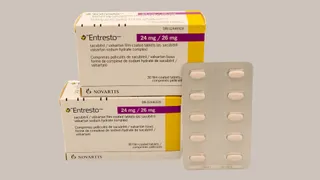
Patent protection for microorganisms
Disclosure of the invention is a requirement for a patent application. A person skilled in the art should be able to perform the invention without undue burden based on the description of the invention in the application. In general, the requirements of disclosure are met by a written description that enables the person skilled in the art to perform a claimed method or to obtain a claimed product. Where a microorganism is involved, a written description may be sufficient to perform a claimed method or to obtain a claimed (biological) product.
Already registered?
Login to your account
If you don't have a login or your access has expired, you will need to purchase a subscription to gain access to this article, including all our online content.
For more information on individual annual subscriptions for full paid access and corporate subscription options please contact us.
To request a FREE 2-week trial subscription, please signup.
NOTE - this can take up to 48hrs to be approved.
For multi-user price options, or to check if your company has an existing subscription that we can add you to for FREE, please email Adrian Tapping at atapping@newtonmedia.co.uk

